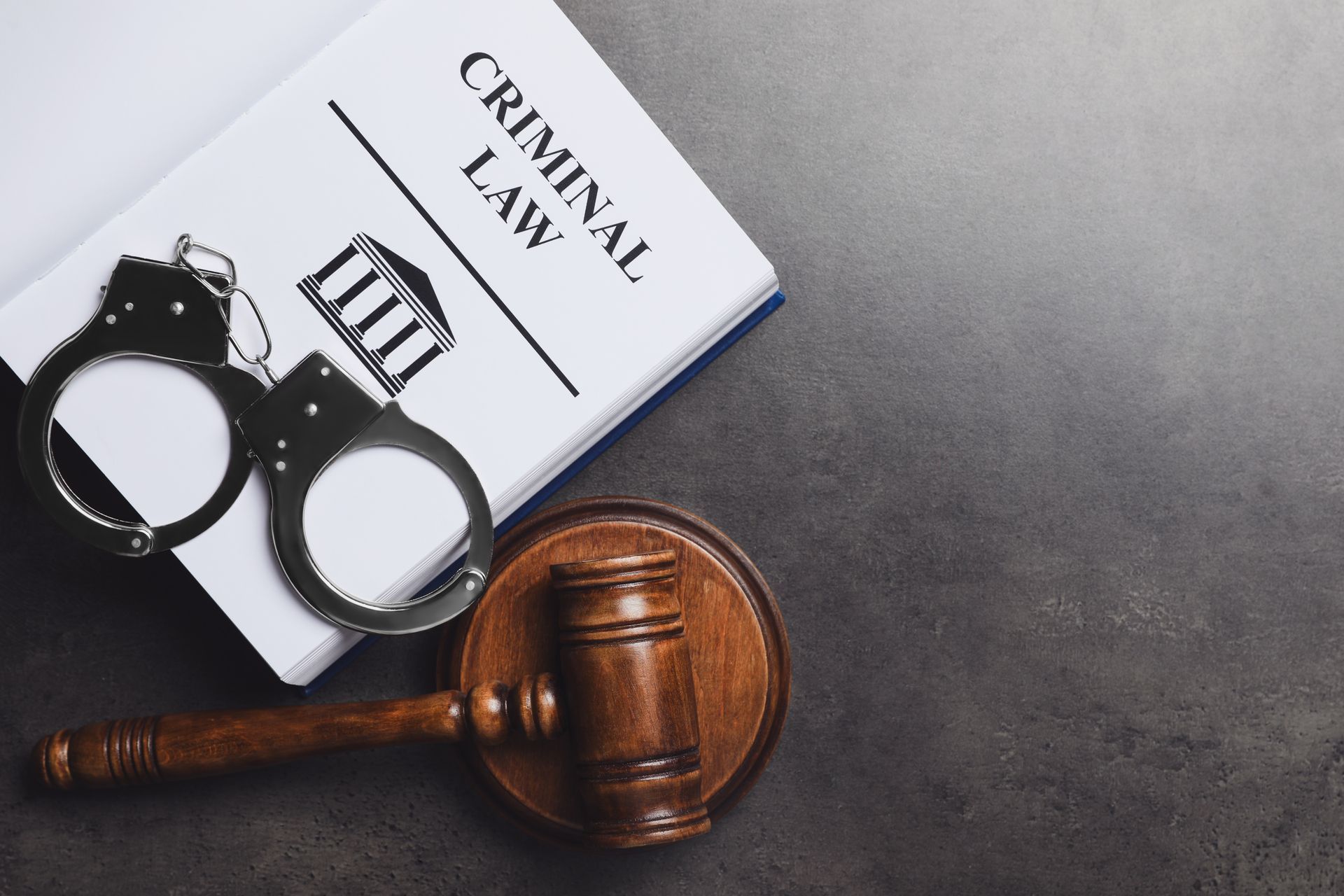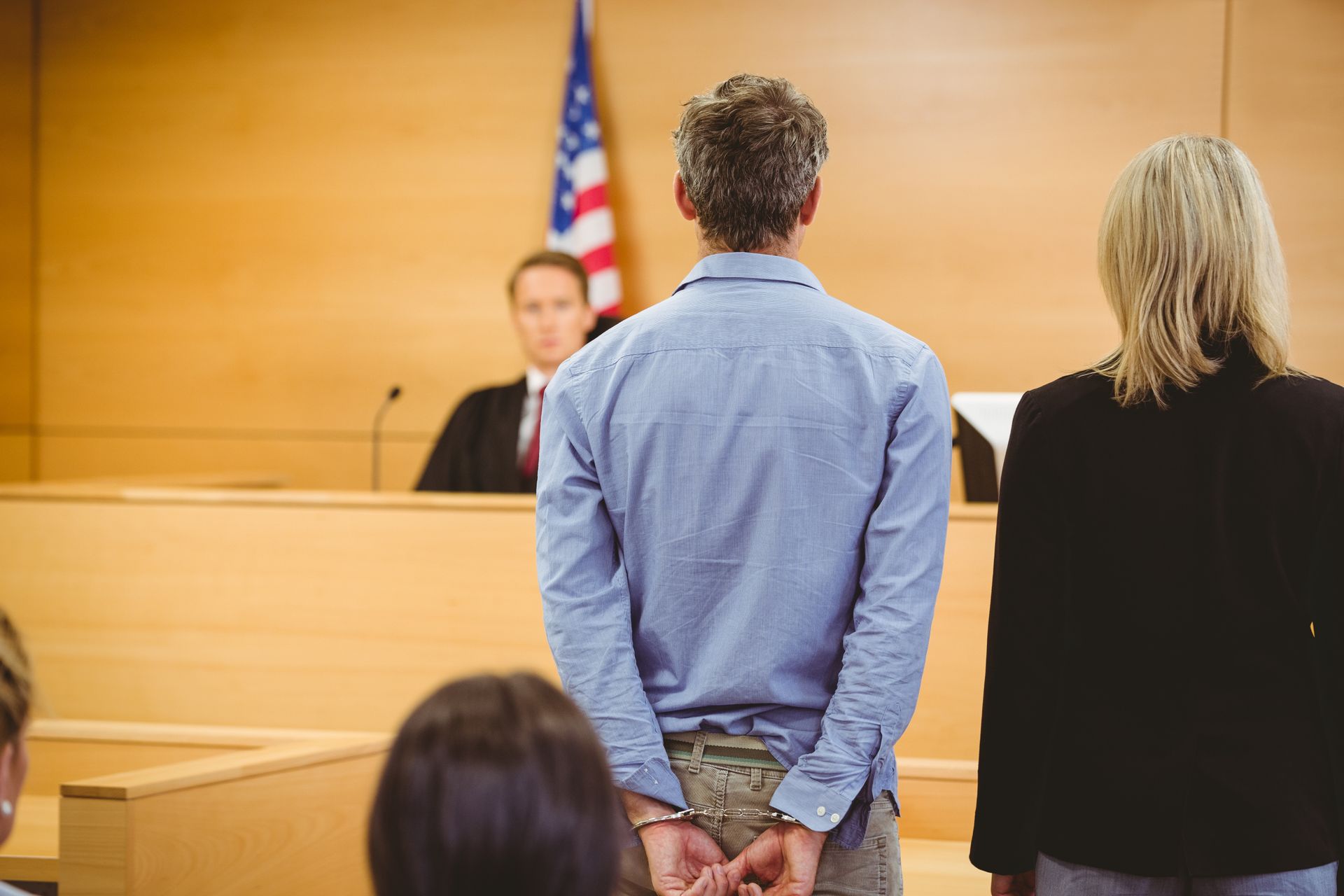Understanding Your Rights: Roadside Exercises vs. Breath Sample for DUI in Indiana
Understanding Your Rights: Roadside Exercises vs. Breath Sample for DUI in Indiana
Getting pulled over for driving under the influence (DUI) can be a stressful and overwhelming experience. One of the decisions you may face during a DUI stop is whether to participate in roadside exercises or provide a breath sample. In this blog post, we will discuss the options available to you if you find yourself in this situation and how Justin Camper Law can provide legal assistance to individuals facing DUI charges in Indiana.
Roadside exercises, also known as field sobriety tests, are physical tasks that law enforcement officers may ask you to perform during a DUI stop to assess your coordination, balance, and physical impairment. These exercises can include walking in a straight line, standing on one leg, and following an object with your eyes. It is important to note that participating in these exercises is voluntary, and you have the right to refuse them without facing additional penalties.
Providing a breath sample, on the other hand, involves using a breathalyzer device to measure your blood alcohol concentration (BAC). In Indiana, drivers are subject to implied consent laws, which means that by operating a vehicle on public roads, you have already given consent to submit to chemical testing if suspected of driving under the influence. Refusing to provide a breath sample can result in administrative penalties such as license suspension.
If you choose not to participate in roadside exercises or provide a breath sample during a DUI stop, it is important to remain respectful and cooperative with law enforcement officers. You have the right to remain silent and request legal representation before answering any questions or making any decisions. Contacting an experienced DUI attorney like Justin Camper Law as soon as possible can help protect your rights and build a strong defense strategy.
At Justin Camper Law, we understand that facing DUI charges can have serious consequences for your future. Our team of dedicated attorneys has extensive experience representing individuals charged with DUI offenses in Indiana and will work tirelessly to achieve the best possible outcome for your case. We will review all aspects of your arrest, including the legality of the traffic stop, administration of field sobriety tests or chemical testing, and any potential defenses that may apply.
If you are pulled over for DUI in Indiana and faced with the decision of participating in roadside exercises or providing a breath sample, it is important to know your rights and seek legal assistance from a knowledgeable attorney like those at Justin Camper Law. By understanding your options and having skilled representation on your side, you can navigate the legal process with confidence and work towards minimizing the impact of DUI charges on your life. Contact us today for a free consultation and let us help you fight for your rights.








